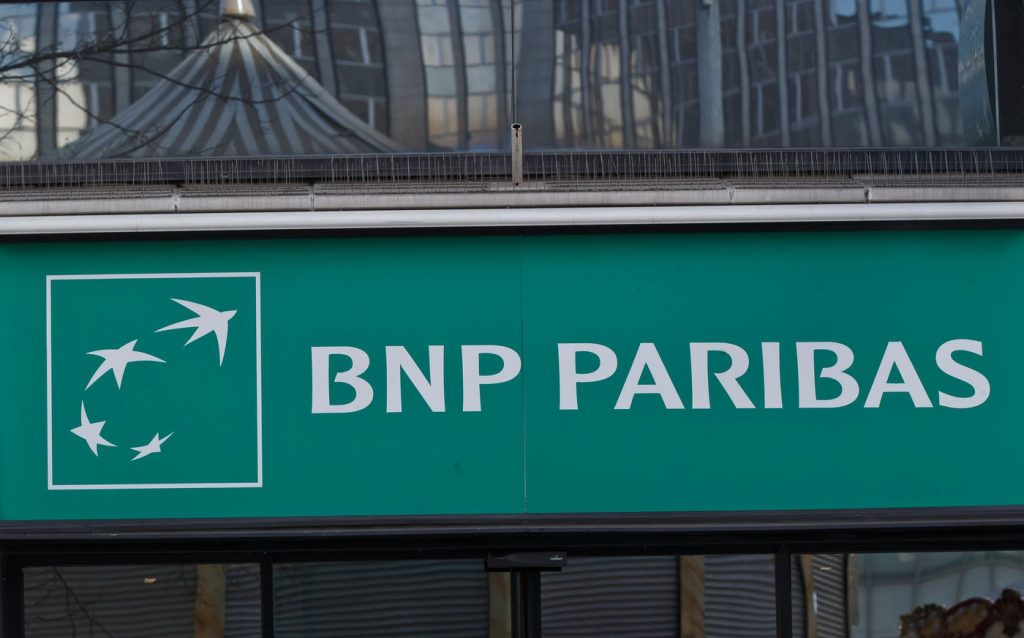A federal jury in New York has awarded a nearly $21 million verdict against BNP Paribas S.A., the largest bank in France, for providing the Sudanese government with access to the U.S. financial system during a period marked by severe human rights abuses two decades ago. This ruling follows the claims of three U.S. citizens who were displaced from Sudan, losing their homes and property due to the conflict in the region. The plaintiffs received between $6.7 million and $7.3 million each after approximately four hours of jury deliberation.
In a pretrial memo dated August 28, the plaintiffs asserted that BNP Paribas played a role in enabling the Sudanese government to execute "one of the most notorious campaigns of persecution in modern history." Their attorney, Adam Levitt, expressed satisfaction with the verdict, highlighting the progress towards justice and the accountability of the bank for its actions.
In response, a spokesperson for BNP Paribas stated that the verdict is "clearly wrong" and indicated the bank's intention to appeal, citing that it was not permitted to present crucial evidence during the trial. The bank contended that other funding sources were available to the Sudanese government and that it did not knowingly facilitate any human rights violations that occurred under the regime of former President Omar al-Bashir.
From at least 2002 to 2008, BNP Paribas granted Sudanese authorities access to international money markets. During this time, lethal violence in the Darfur region resulted in the deaths of up to 300,000 people and displaced approximately 2.7 million others across various parts of the country. The litigation encompasses actions taken by the government not just in Darfur, but throughout the entire nation.
Omar al-Bashir, who has been charged with genocide by the International Criminal Court, is reportedly held in a military-run detention facility in northern Sudan. Despite these charges, he has not yet been transferred to The Hague for prosecution. Additionally, Sudan is currently experiencing a civil war, which began over two years ago, contributing to what humanitarian organizations describe as one of the most severe crises involving displacement and hunger globally.
BNP Paribas's legal representatives maintained that the bank bore no liability for the human rights abuses prevalent in Sudan, emphasizing in an August filing that these abuses predated and outlasted the bank’s operations in the country. They argued that BNP Paribas never financed arms purchases for the Sudanese military and lacked evidence directly linking any specific transactions to the injuries suffered by the plaintiffs.
Levitt referred to this case as a "bellwether trial," expressing hope that the findings could be applied to a broader class of Sudanese refugees, estimated to be around 23,000 U.S. citizens involved in the ongoing class-action lawsuit. The spokesperson for BNP Paribas stressed that the verdict pertains specifically to the three plaintiffs and should not have broader implications beyond this particular ruling.
It's worth noting that in 2014, BNP Paribas agreed to a settlement costing nearly $9 billion in a separate case, which included a guilty plea in New York for processing billions of dollars in transactions for clients in Sudan, Cuba, and Iran.










